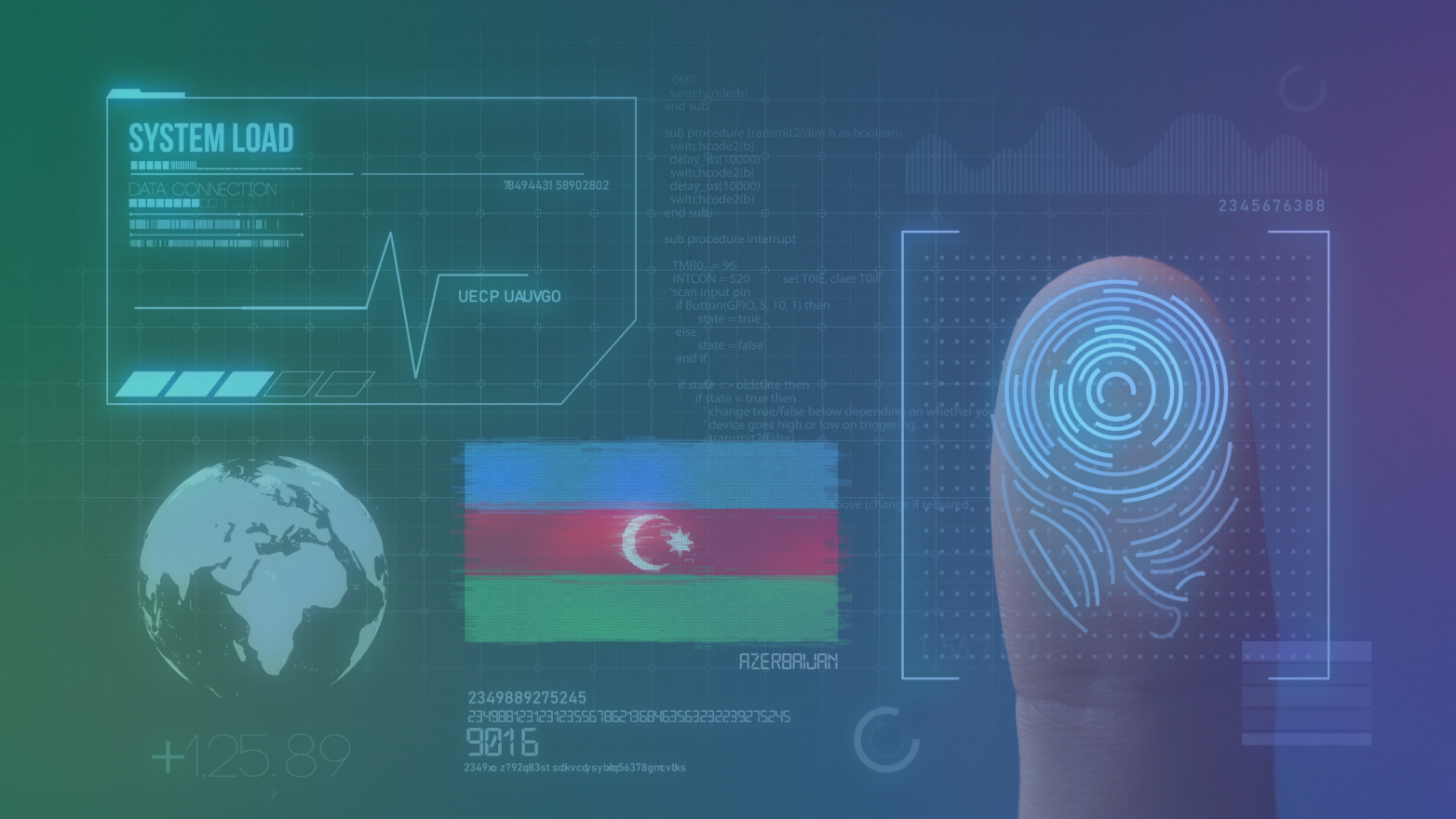Development of the IT Sphere in Azerbaijan in Recent Years

Over the past decade, Azerbaijan has taken significant strides in developing its information technology (IT) sector, viewing it as a critical driver for modernizing its economy and enhancing its global competitiveness. The government, along with private sector involvement, has been proactive in fostering digital transformation, infrastructure improvement, and the promotion of innovation and entrepreneurship within the IT landscape. Below is an overview of key areas and milestones in Azerbaijan's IT development.
1. Government Initiatives and Policies
Azerbaijan's government has recognized the importance of the IT sector for the nation's economic diversification, which is essential given the country’s reliance on oil and gas. Several state-led initiatives have been introduced to create a favorable environment for IT development:
Strategic Roadmap for the Development of Telecommunication and IT in Azerbaijan (2016-2020): This comprehensive plan aimed to modernize the national ICT infrastructure, promote digital literacy, and develop e-government services. It laid the foundation for the growth of the digital economy.
Digital Trade Hub: The establishment of this platform allows for cross-border e-services and supports digital signatures, facilitating e-commerce and online transactions between Azerbaijan and other countries.
Azerbaijan 2030: National Priorities for Socio-Economic Development: This long-term strategy, adopted in 2021, emphasizes the role of IT in creating a competitive economy by encouraging digital transformation across all sectors.
2. Infrastructure Development
Significant investments have been made in expanding Azerbaijan's IT infrastructure, which is crucial for supporting innovation and providing nationwide access to digital services.
High-Speed Internet Expansion: The government, through collaborations with private sector telecom operators, has worked to expand broadband internet access across the country, particularly focusing on rural areas. By 2023, approximately 85% of the population had access to high-speed internet.
Data Centers and Cloud Infrastructure: To support the digitalization of industries and government services, Azerbaijan has built data centers and promoted the adoption of cloud technologies. The country’s first Tier III certified data center opened in 2016, which helped ensure the security and reliability of critical digital infrastructure.
3. Growth of Startups and Innovation
The startup ecosystem in Azerbaijan has seen notable progress in recent years, with the government playing an active role in encouraging innovation, entrepreneurship, and venture capital funding.
Innovation Agency: Established in 2019, the Innovation Agency aims to support the development of tech startups by offering grants, access to resources, and promoting technological advancements across industries. It also works to create an ecosystem that attracts foreign investment in IT projects.
Startup Visa Program: To attract international talent, Azerbaijan launched the Startup Visa Program, enabling foreign entrepreneurs to establish their businesses in Azerbaijan. This initiative has helped foster international collaboration and knowledge exchange.
Technoparks: The creation of technology parks, such as High Tech Park and Baku's White City, provides a hub for innovation and incubation for IT startups. These parks offer infrastructure, resources, and networking opportunities for entrepreneurs and IT professionals.
4. Development of Human Capital
Azerbaijan has also focused on developing human capital to meet the growing demands of the IT industry. The government, universities, and private companies have collaborated to increase IT-related education and training opportunities.
STEM Education: Investments in STEM (Science, Technology, Engineering, and Mathematics) education have increased in recent years, with a focus on preparing students for careers in IT. Azerbaijan has partnered with international institutions to offer advanced IT training programs and degrees.
Skilled Workforce: In collaboration with global IT companies, such as Microsoft and Cisco, Azerbaijan has been implementing certification programs to ensure that its IT workforce is equipped with up-to-date skills in software development, network administration, cybersecurity, and other areas.
5. Cybersecurity and E-Government
As Azerbaijan continues to expand its digital services, ensuring cybersecurity has become a top priority for both the public and private sectors.
Cybersecurity Framework: The government has worked on improving cybersecurity measures by enacting legislation and forming specialized agencies to counter cyber threats. This includes the establishment of the Computer Emergency Response Team (CERT) to respond to national cybersecurity incidents.
E-Government Services: Azerbaijan has made considerable progress in the digitization of public services through its e-government platform. Services such as tax payments, business registration, and access to social services are now available online, significantly improving efficiency and transparency.
6. International Collaboration
Azerbaijan's IT sector has benefited from international collaboration, including partnerships with global tech companies and participation in international forums.
Cooperation with Global Companies: Partnerships with international IT giants like Microsoft, IBM, Oracle, and Huawei have accelerated Azerbaijan's technological capabilities and provided access to global expertise. These collaborations have also led to joint ventures and the establishment of local offices and R&D centers.
Participation in Global Digital Initiatives: Azerbaijan has been active in international digital initiatives, such as the Trans-Eurasian Information Super Highway (TASIM) project, which aims to enhance regional internet connectivity.
The development of the IT sector in Azerbaijan has accelerated in recent years, driven by government initiatives, international partnerships, and a growing startup ecosystem. With ongoing investments in infrastructure, education, and cybersecurity, Azerbaijan is positioning itself as a regional IT hub. While challenges remain, such as ensuring equitable access to digital services and continuing to build a skilled workforce, the future of Azerbaijan's IT sector looks promising.
By continuing to foster innovation and expand digital infrastructure, Azerbaijan is poised to benefit from the economic and social advantages of a well-developed IT ecosystem.